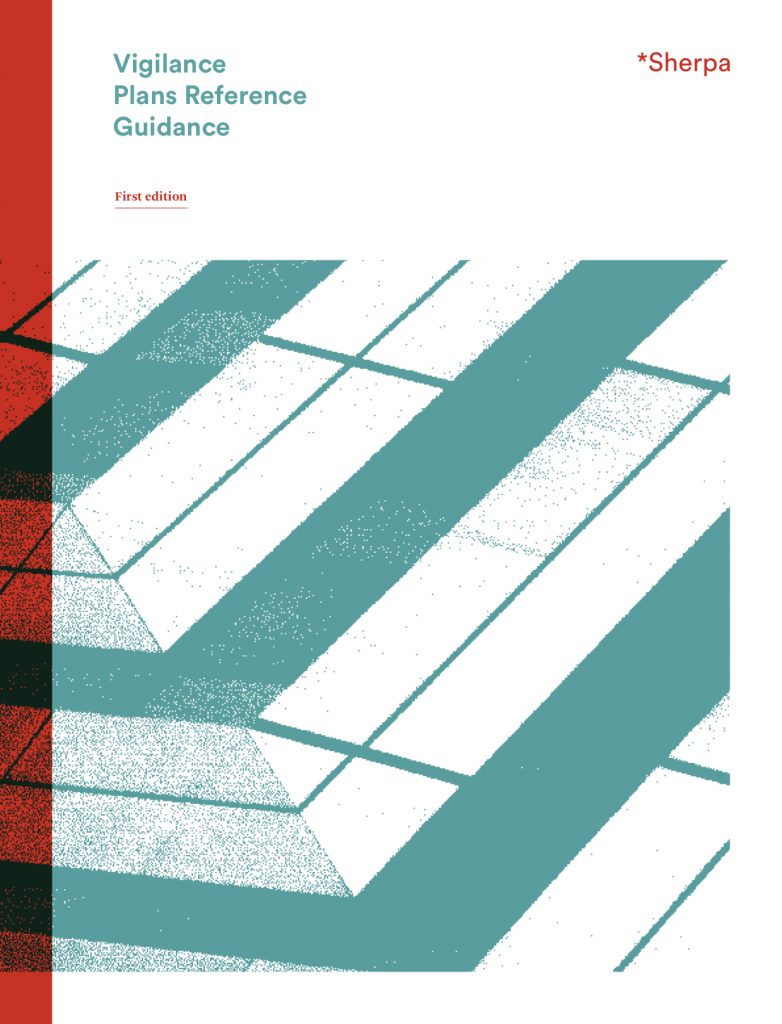With this Guidance, Sherpa aims to explain its understanding of the law n ° 2017-399 of March 27th, 2017 on the duty of vigilance for parent and instructing companies.
Sherpa is seeking to provide various stakeholders meaningful tools, and especially a support in the dialogue for implementing the new legal obligations. The Guidance could also be used for training and awareness-raising on the necessary legislative improvements. It also provides inputs for the development of new European or international norms on vigilance.
Furthermore, it should help companies to improve their vigilance plans for 2019. After having reviewed more than 80 vigilance plans in 2018, we have noticed they were particularly terse, and did not reflect the importance of the issues raised by the law. Besides the establishment and the effective implementation of vigilance measures, the law also provides an obligation of transparency and information.
The respect of human rights and environmental compliance in companies’ activities is no longer only the prerogative of non-binding soft law rules: the law brings up a brand new perspective that companies must comply with.
Sherpa encourages these companies to publish exhaustive and sincere vigilance plans.
On the basis of our analysis of the law, due diligence standard, and the first vigilance plans published in 2018, this Guidance highlights elements that need to be improved for the second year of the law on the duty of vigilance application, year in which judicial mechanisms enter into force.
